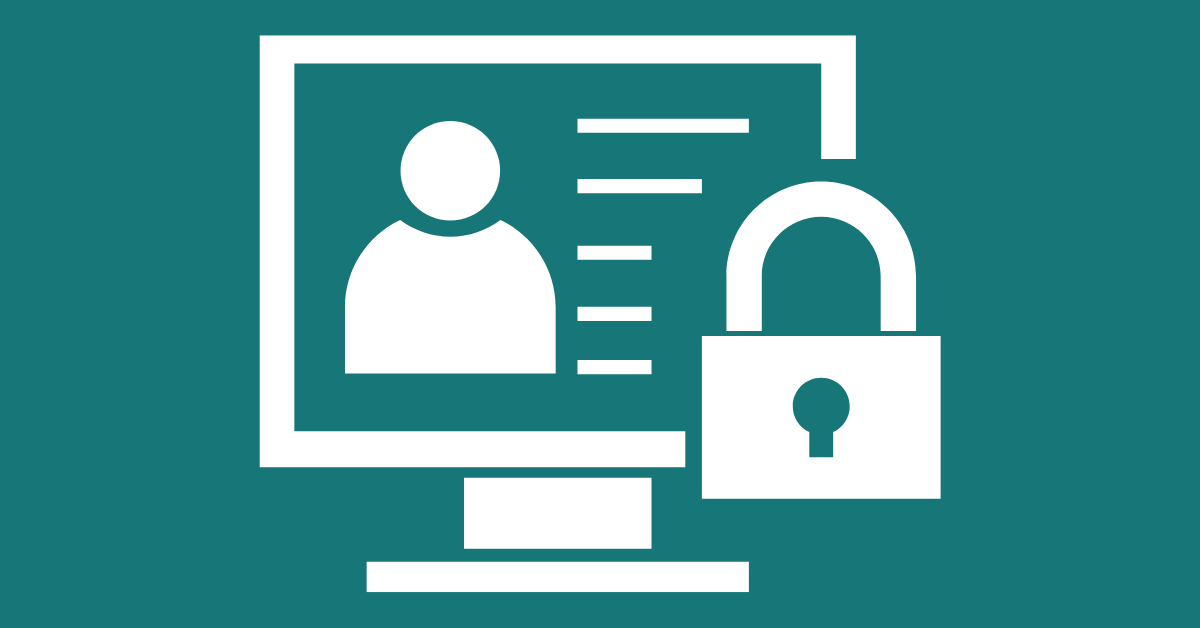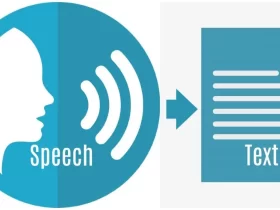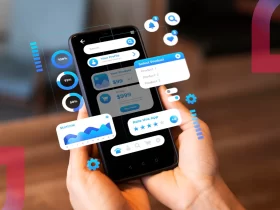Protecting our online privacy has become increasingly important in today’s digital age. The need for secure communication methods grows as we share more information through various digital platforms. One effective way to maintain privacy in your online communications is by using private notes. We leave digital footprints whenever we send an email, message, or post on social media. Private notes are a secure method of sharing information online. They allow users to create temporary messages that self-destruct after being read or after a set period.
Benefits of using private notes
- Enhanced security – Private notes use encryption to protect your messages from prying eyes.
- Control over information – You decide how long your message remains accessible.
- No digital trail – Once the note is destroyed, it leaves no trace on the internet.
- Ease of use – Most private note services are user-friendly and require no special technical knowledge.
How to use private notes effectively
- Choose a reliable service – When selecting a private note service, look for one with a strong reputation for security and privacy. Research different options and read user reviews to find a trustworthy platform.
- Create strong passwords – Use unique, complex passwords for your private note accounts. Birthdays and common words should not be used as easily guessable information.
- Be mindful of what you share – prlivnote offer enhanced security, being cautious about the information you share is still essential. Avoid including susceptible data like financial details or personal identification numbers.
- Set appropriate expiration times – Take advantage of the ability to set expiration times for your notes. Choose a timeframe that gives the recipient enough time to read the message without leaving it accessible longer than necessary.
- Verify the recipient – Ensure you send the note to the correct person by double-checking the recipient’s information before sending it.
- Use additional encryption when necessary – Consider using additional encryption methods for susceptible information before creating your private note.
- Educate others about private notes – Encourage friends, family, and colleagues to use private notes for sensitive communications. The more people adopt secure practices, the safer everyone’s information becomes.
Best practices for maintaining online privacy
Using private notes is just one aspect of maintaining your online privacy. Here are some additional tips to help protect your digital information:
- Use a virtual private network (VPN) – A VPN encrypts your internet connection, making it harder for others to intercept your online activities.
- Enable two-factor authentication – This extra layer of security helps prevent unauthorized access to your accounts, even if someone obtains your password.
- Regularly update your software – Keep your operating system, browsers, and apps up to date to ensure you have the latest security patches.
- Use secure messaging apps – For day-to-day communications, consider using messaging apps that offer end-to-end encryption.
- Manage your social media privacy settings – To control who can see your information on social media platforms, you should review and adjust your privacy settings regularly.
Conclusion
Share sensitive information securely with private notes but combine them with other privacy-enhancing practices. Digital communications can be significantly reduced by being mindful of the information you share online and using secure communication methods. Your online privacy is in your hands—take control of it today.






